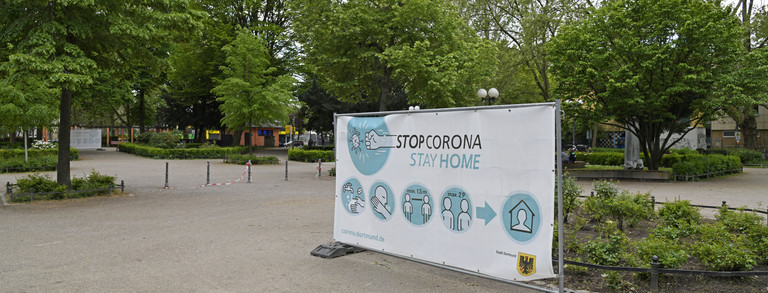ICOLMA - Impact of COVID19 on livelihoods, mobility and accessibility of marginalized groups
Project duration: April 2022 to March 2025
Mobility is more than just getting around. It determines the livelihood of people in cities - how they access various necessary social and economic services and opportunities. The outbreak of the COVID19 pandemic has shown that we are highly dependent on mobility as a means of accessing places of livelihood. While accessibility traditionally consists of four interlinked components related to individual and spatial characteristics, as well as the choice and availability of transportation, a fifth component of virtual access is gaining importance during the pandemic and beyond. It is arguably the interplay and complementarity of these five dimensions where resilience lies, but for whom?
Initial evidence suggests that marginalized groups have suffered the most from the pandemic and the associated lockdown. However, there is largely a lack of evidence on the complex ways in which the measures to contain the pandemic have actually affected their livelihoods, both through direct mobility restrictions and through indirect effects of restricted mobility on the functioning of other infrastructure and services and on access to income-generating activities. The same applies to the specific ways in which marginalized groups have been able to cope with these impacts, e.g. through virtual technologies.
Therefore, ICOLMA investigates and compares the impact of the COVID19 pandemic on the mobility, accessibility and livelihoods of marginalized groups in Cape Town (South Africa), the Ruhr area (Germany) and São Paulo (Brazil) using a mixed methods approach. The aim is to understand the changing role of physical access in times of pandemic on their livelihoods and the role of virtual access in this. Based on these analyses, we will recommend measures for equitable accessibility that support and improve the resilience of marginalized groups around the world. These measures will be discussed and disseminated with a broader public.



